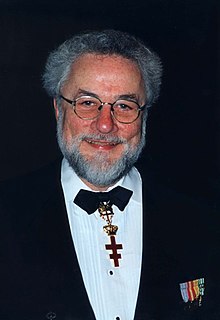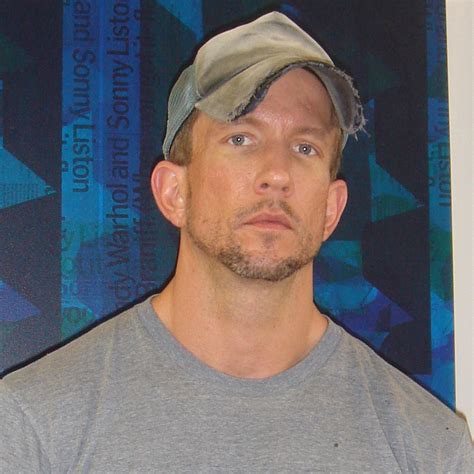A Quote by Raoul Peck
We forgot that Martin Luther King, Jr. changed his discourse toward the end of his life because he understood that the real fundamental problem of this country was not just race, it was class. It was the economical situation of not only poor blacks but also the poor white part of the population and everything in between.
Related Quotes
Class certainly loomed large in Katrina's aftermath. Blacks of means escaped the tragedy; blacks without them suffered and died. In reality, it is how race and class interact that made the situation for the poor so horrible on the Gulf Coast. The rigid caste system that punishes poor blacks and other minorities also targets poor whites.
When white supremacy becomes institutional, it begins to harm the very people who are not simply outside of it because of their race, it begins to harm the folk who look like the folk who want to be in charge. Martin Luther King, Jr., understood this, Malcolm X understood this, James Baldwin really understood this.
I think it's important not to view Martin Luther King Jr. in a narrow political manner. His fundamental commitment is to a radical love of humanity, and especially of poor and working people. And that radical love leads him to a radical analysis of power, domination and oppression. What's difficult is to situate him ideologically under a particular category.
The American Dream is individualistic. Martin Luther King's dream was collective. The American Dream says, "I can engage in upward mobility and live the good life." King's dream was fundamentally Christian. His commitment to radical love had everything to do with his commitment to Jesus of Nazareth, and his dream had everything to do with community, with a "we" consciousness that included poor and working people around the world, not just black people.
We [black people] don't respect our elders. Besides artists, we don't respect Frederick Douglass. We don't respect Martin Luther King. You look at every Martin Luther King Boulevard out here, and it's a crack block. That's not because of white people. That's because of black leadership. We just have that problem, and it's something that I am going to spend the rest of my life trying to conquer.
The white man supports Reverend Martin Luther King, subsidizes Reverend Martin Luther King, so that Reverend Martin Luther King can continue to teach the Negroes to be defenseless - that's what you mean by nonviolent - be defenseless in the face of one of the most cruel beasts that has ever taken people into captivity - that's this American white man, and they have proved it throughout the country by the police dogs and the police clubs.
All talks about legacies of white supremacy must be tied to empowering the lives of poor and working people as a whole. The black agenda - from Frederick Douglas to A. Philip Randolph, Martin Luther King Jr, Fannie Lou Hammer to Ella Baker - has always been tied to race talk inseparable from expanding possibilities of democracy, expanding empowerment of everyday people.
Every now and then I think about my own death, and I think about my own funeral. [...] Every now and then I ask myself, 'What is it that I would want said?' I'd like somebody to mention that day, that Martin Luther King, Jr., tried to give his life serving others. I'd like for somebody to say that day, that Martin Luther King, Jr., tried to love somebody.
I was working in the gap where Martin Luther King, Jr. quoted communism and Warhol appropriated the protest image and named it riot, which is precisely what King didn't want his cause to be associated with. But that was the very thing that made it sexy to the art world. So I played between the two associations.
































